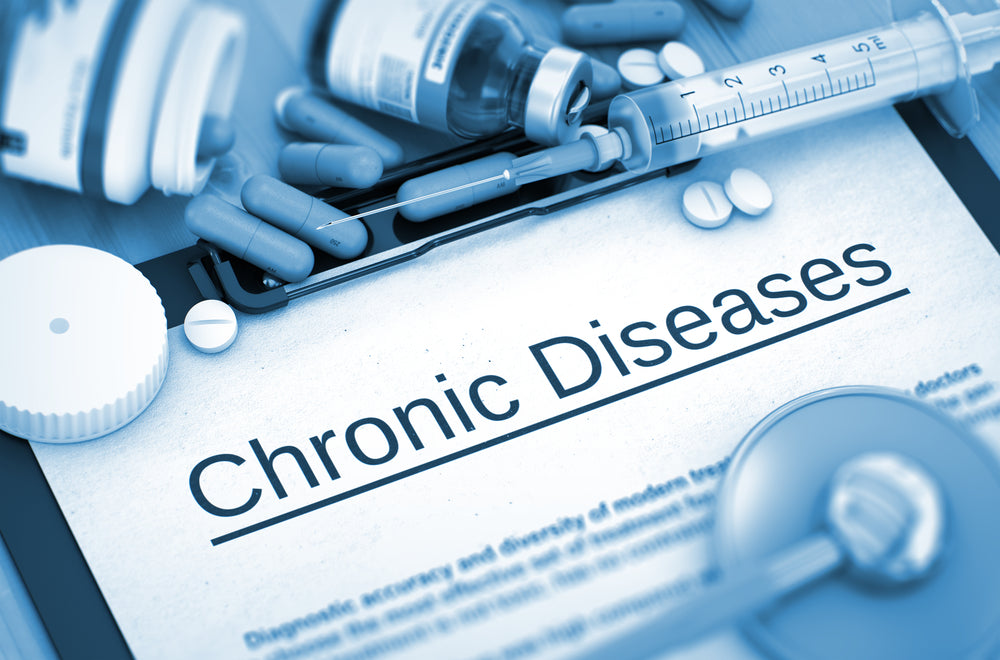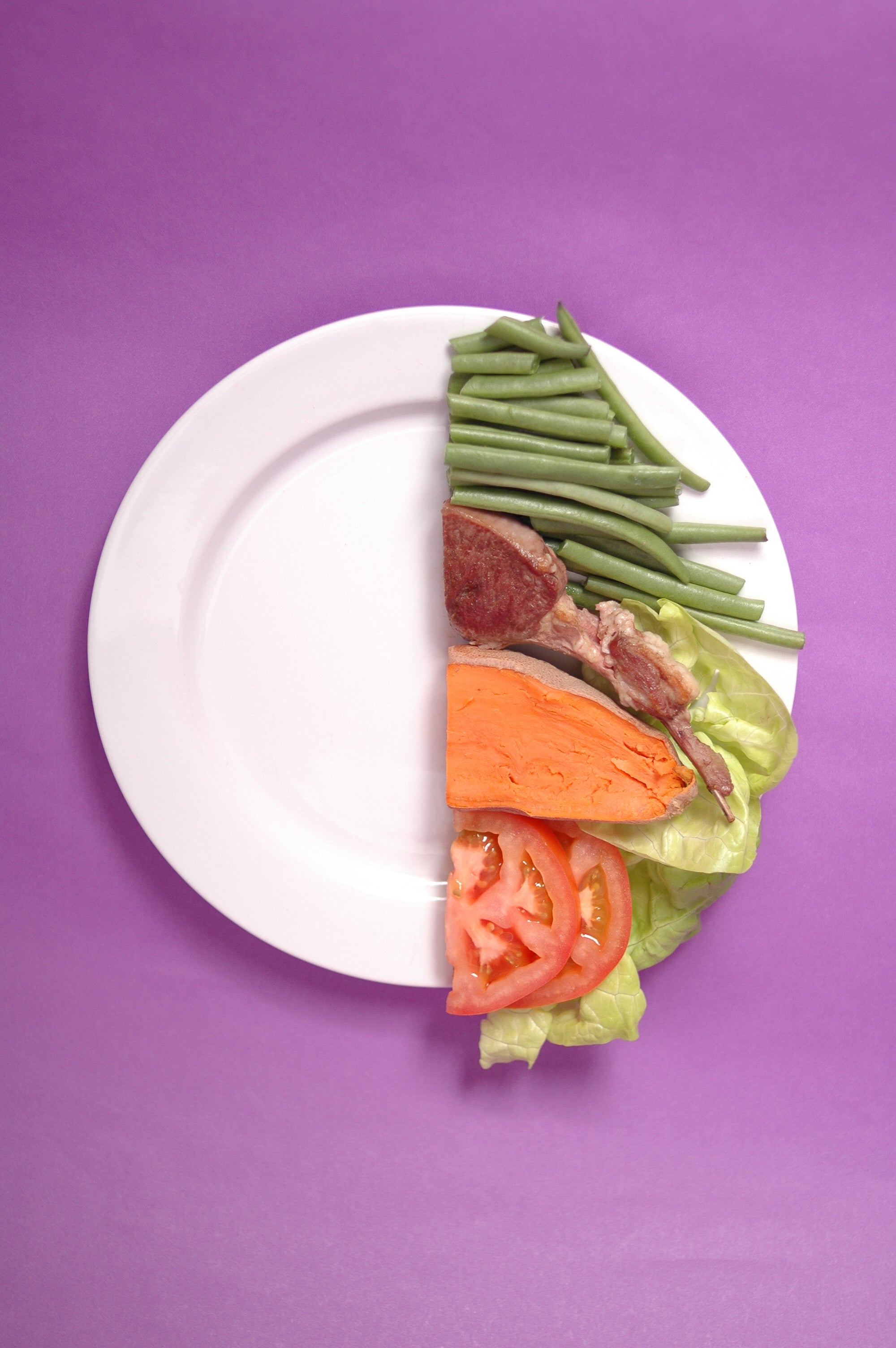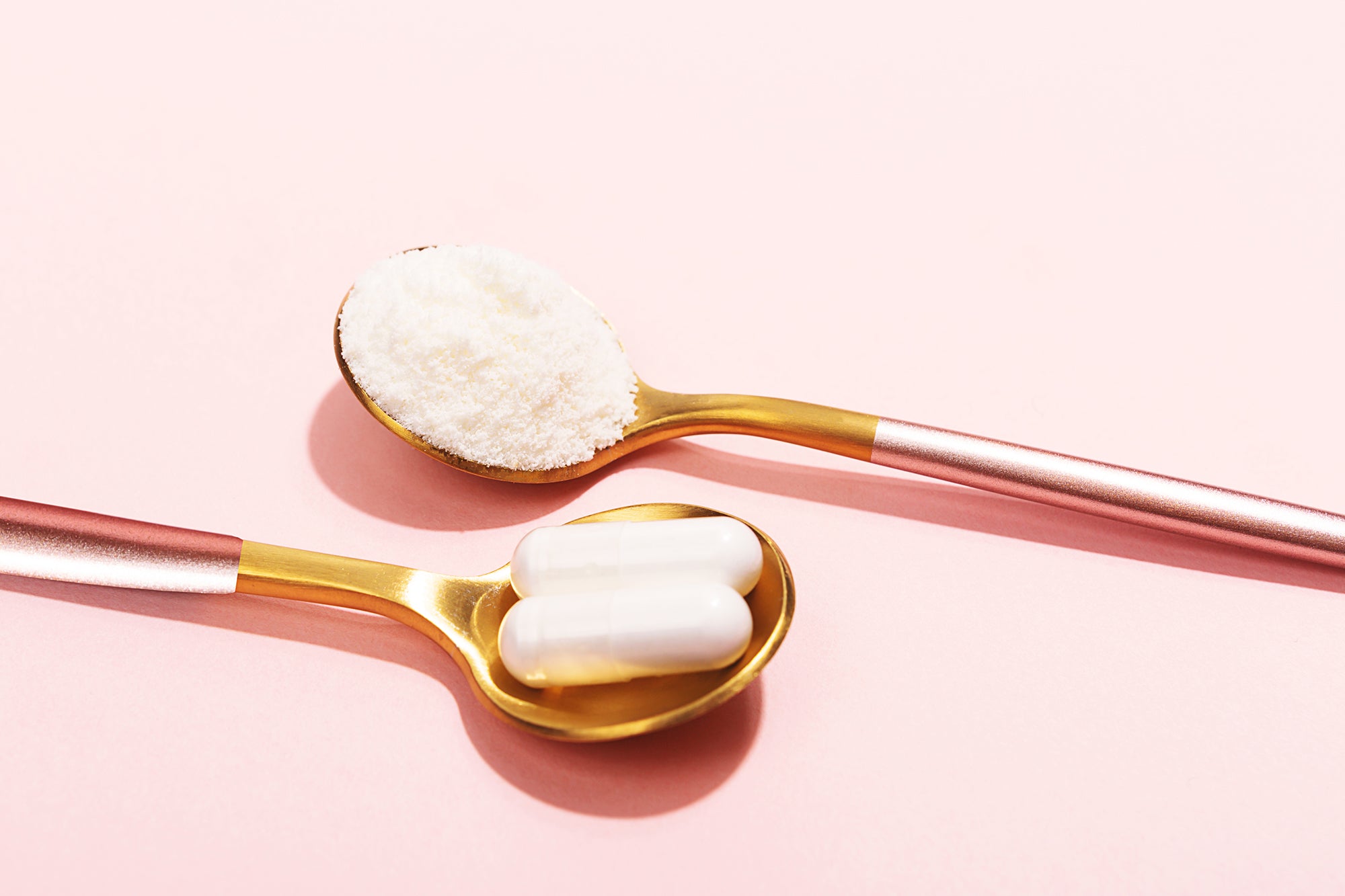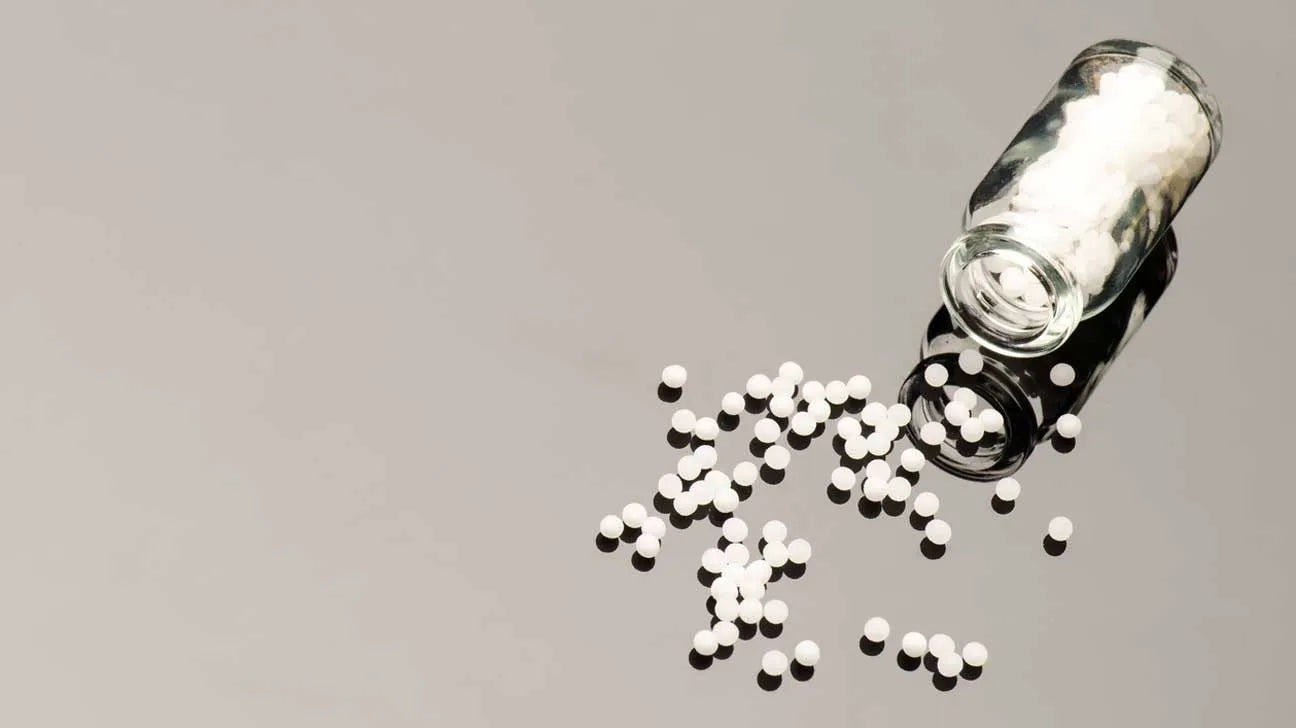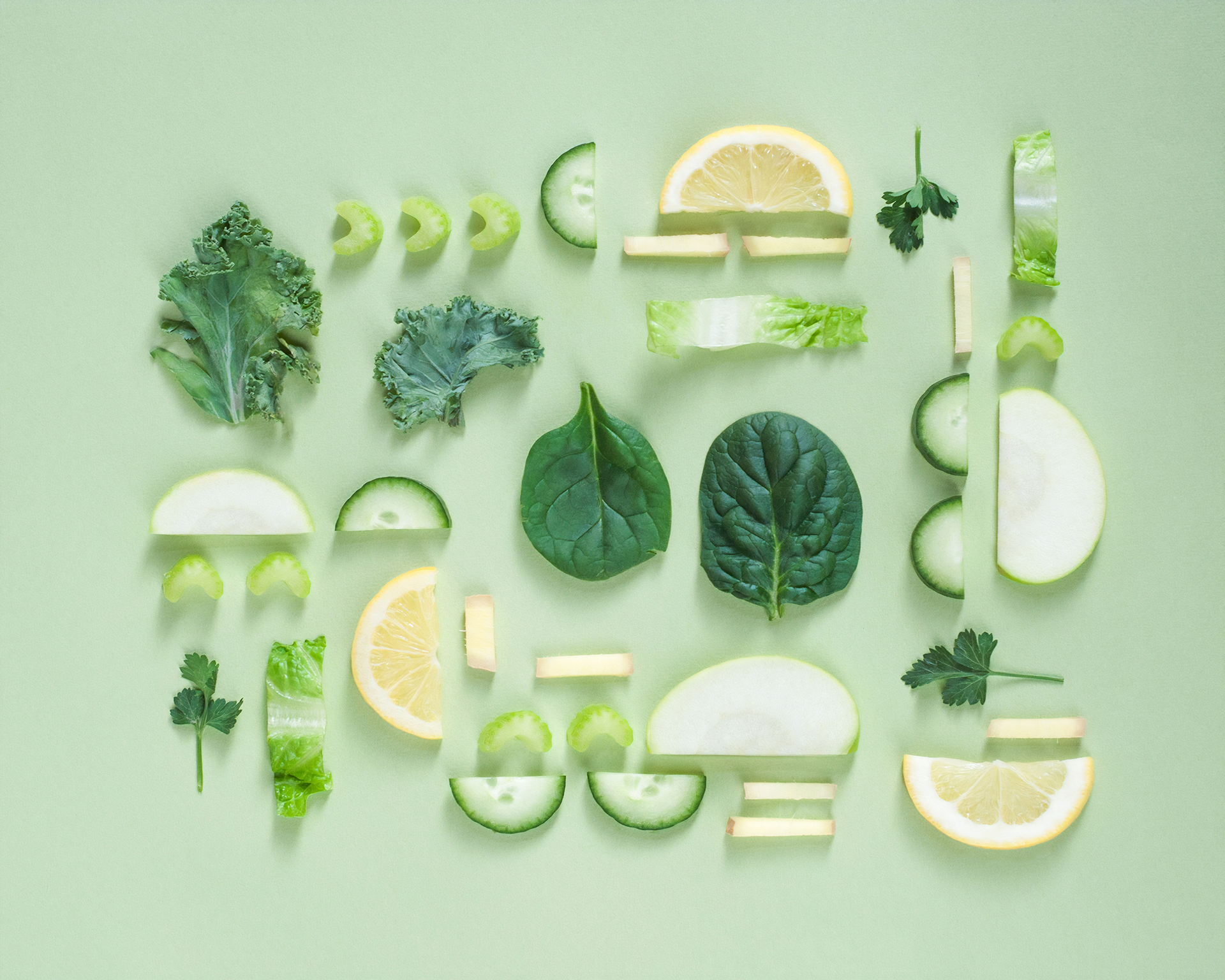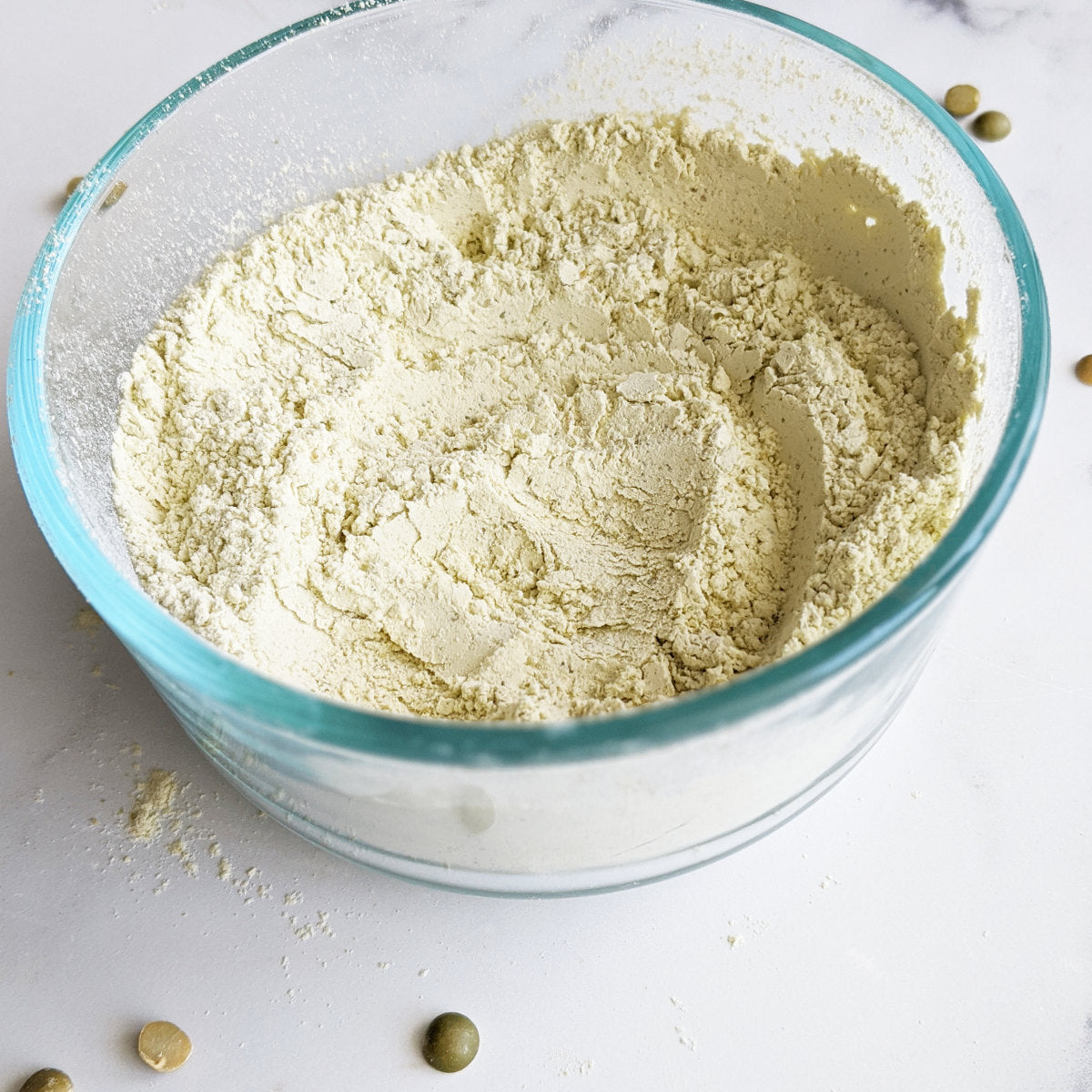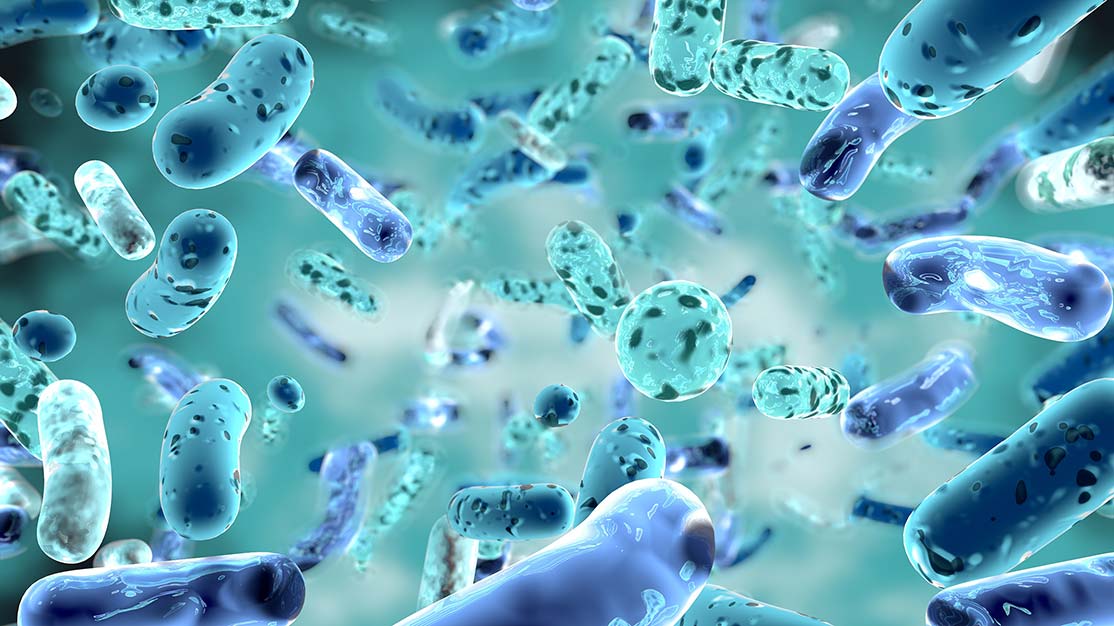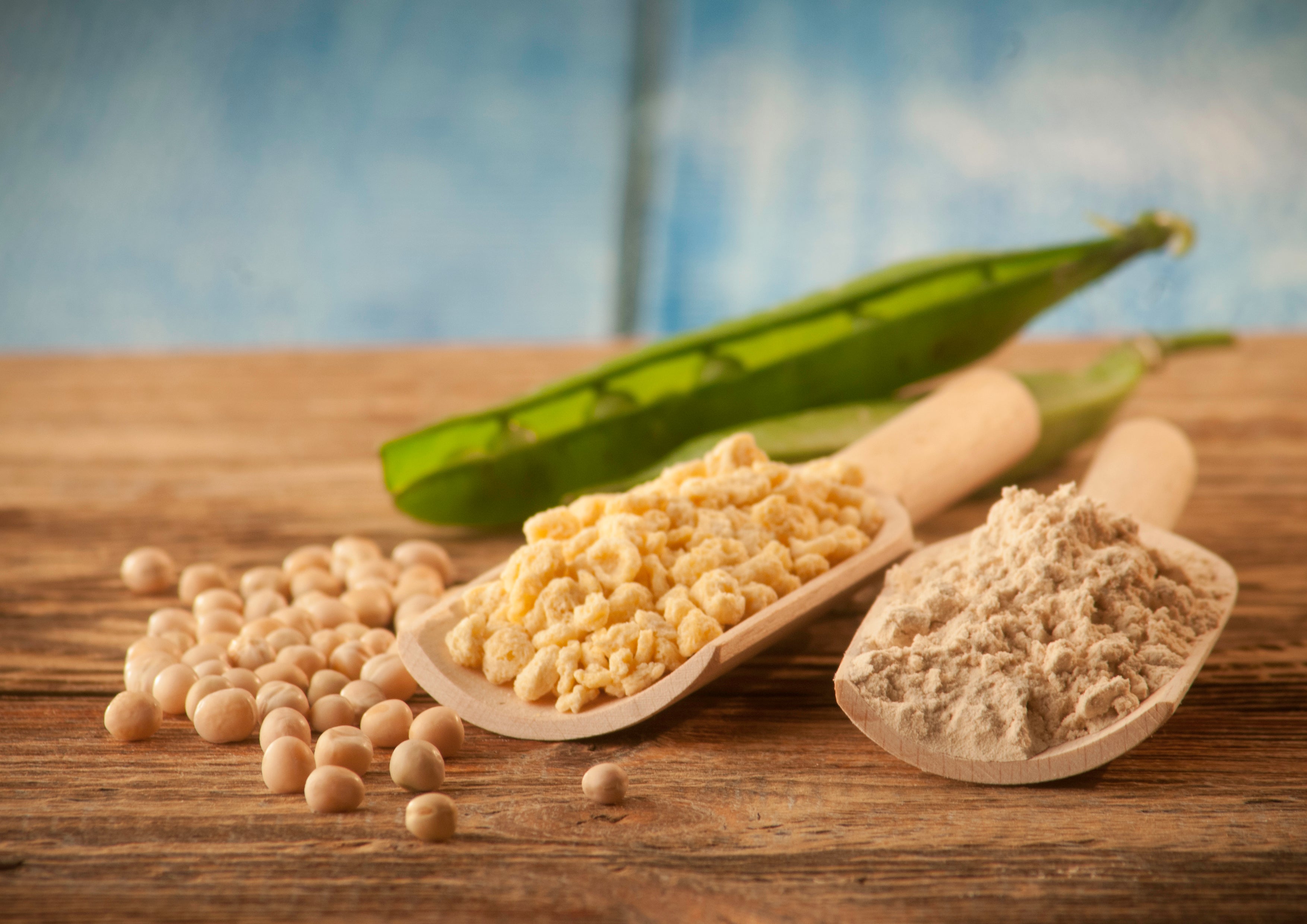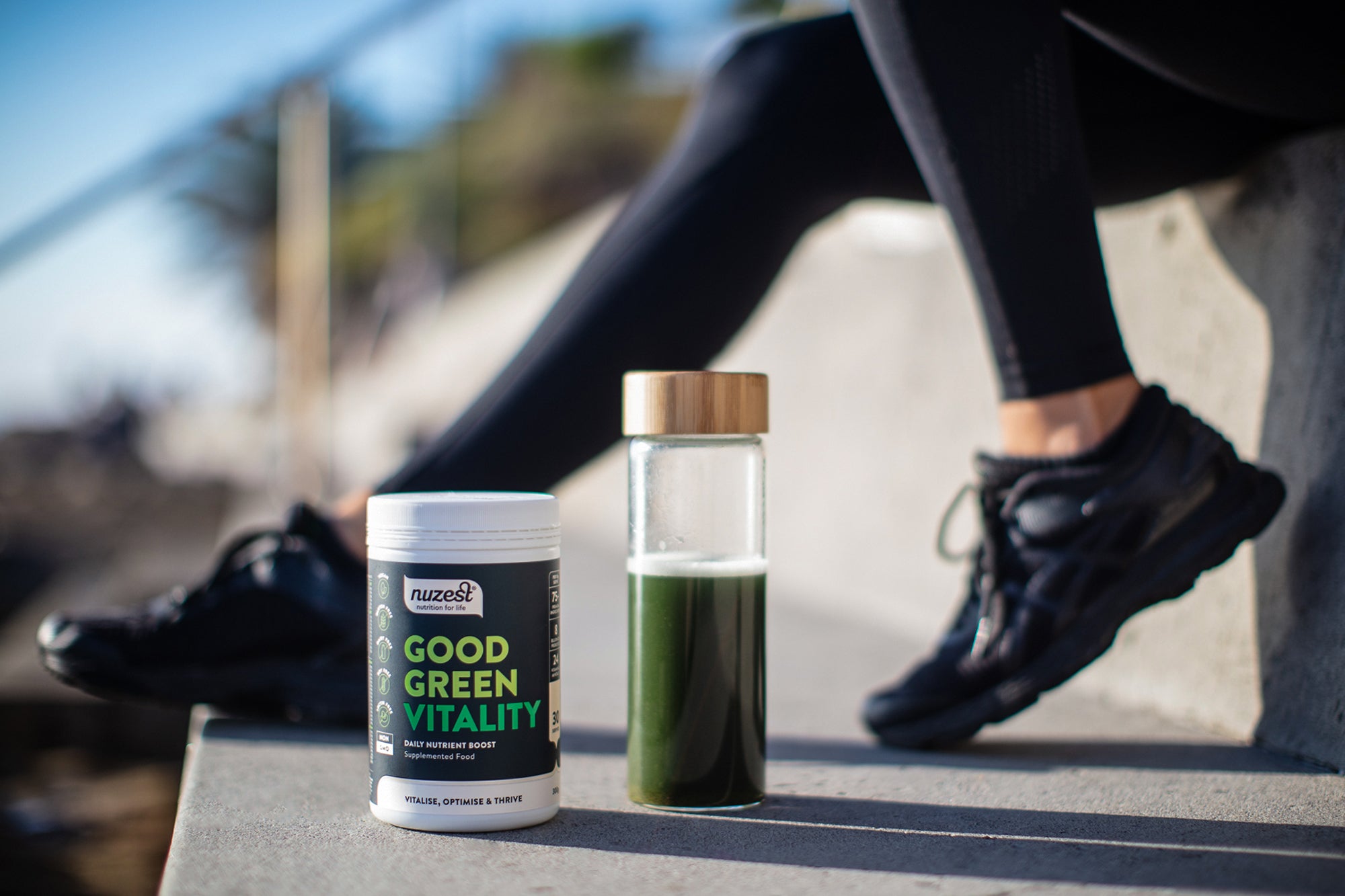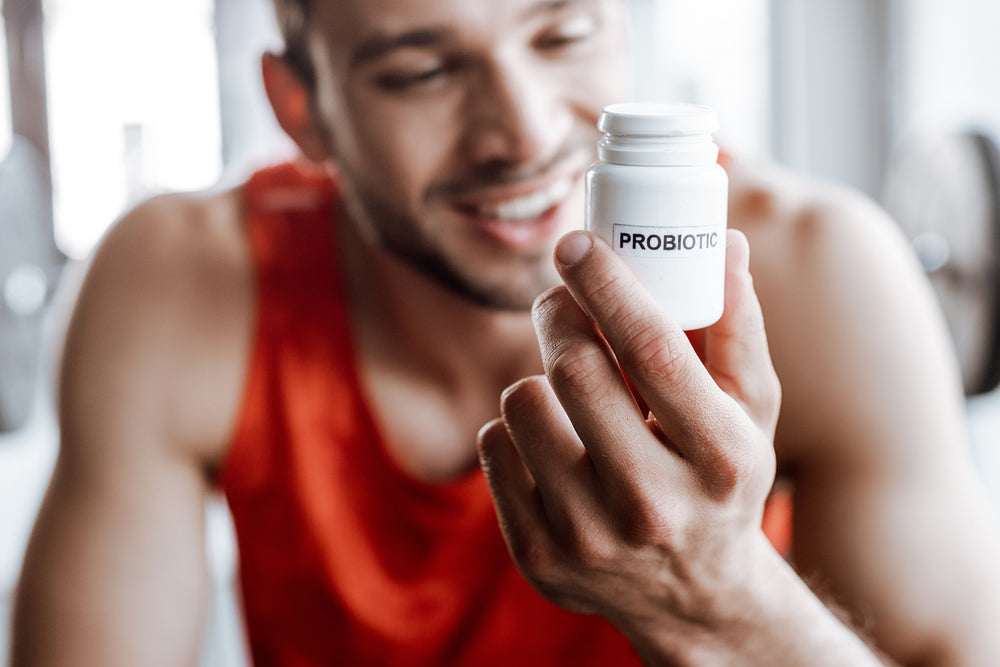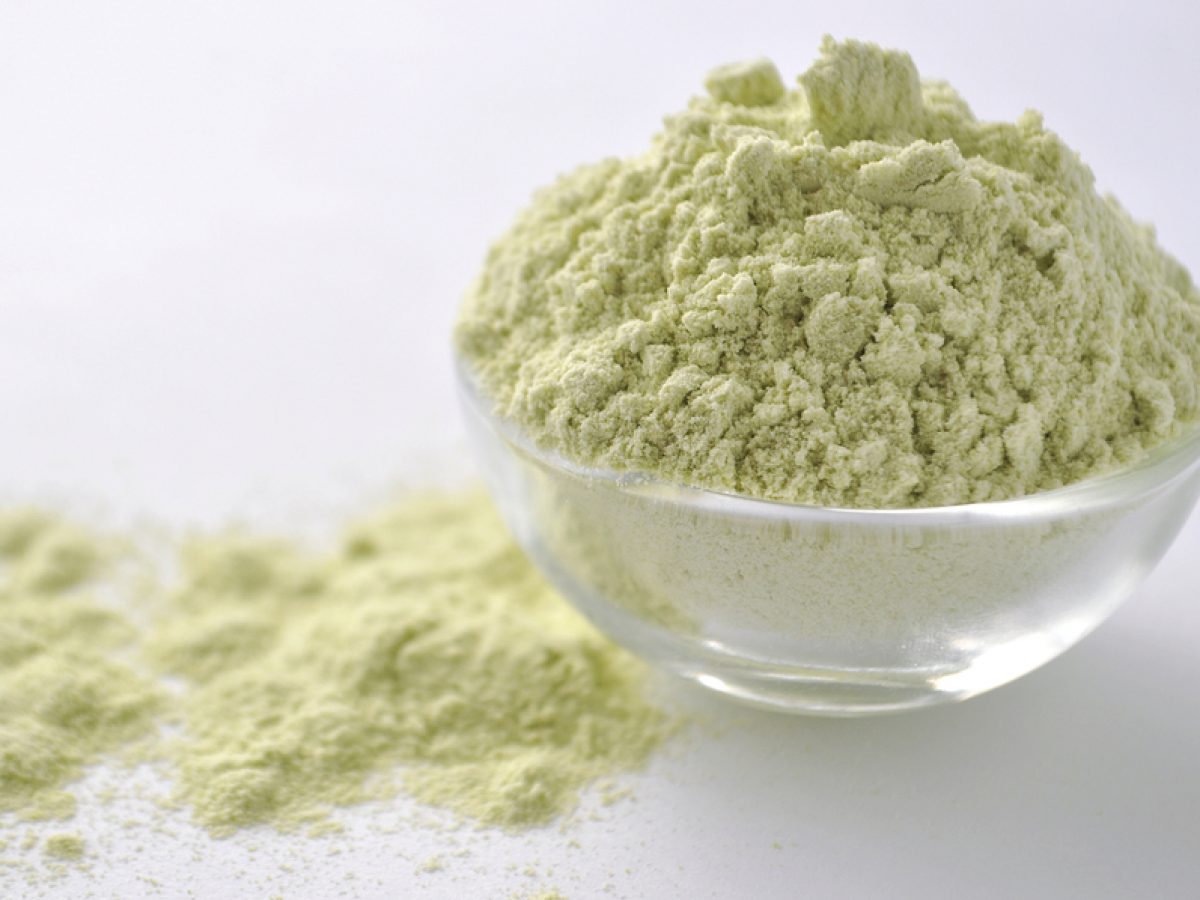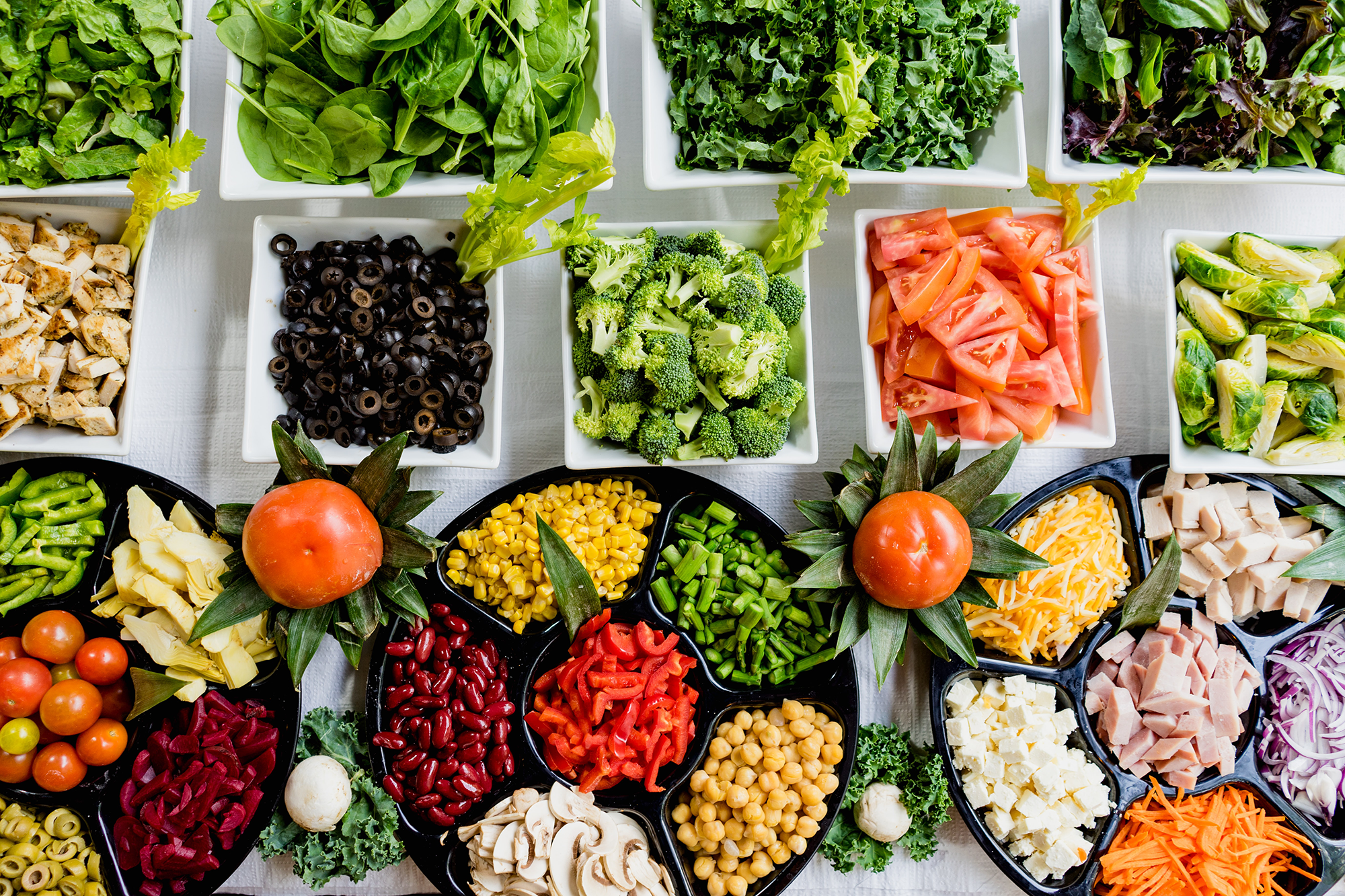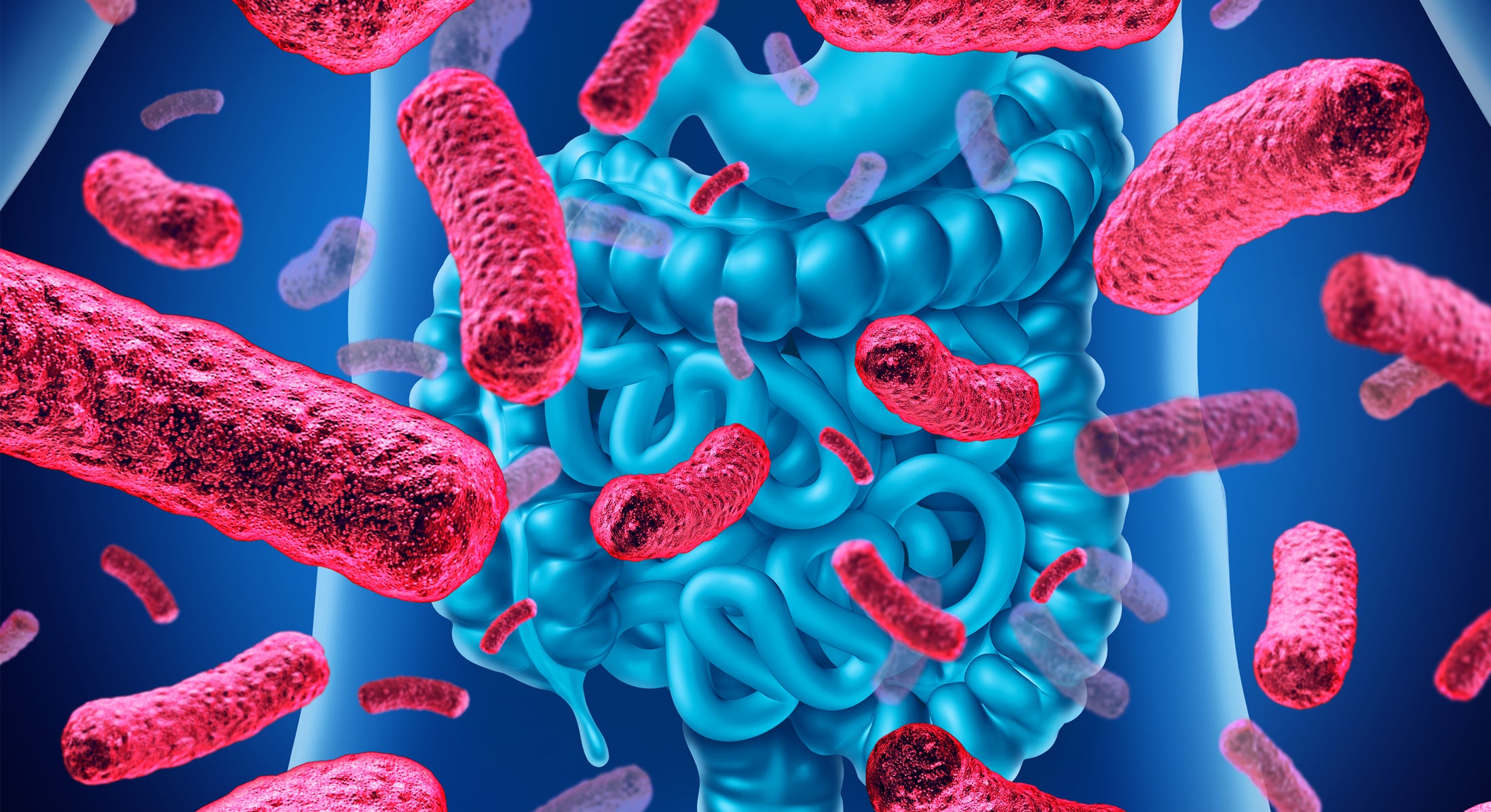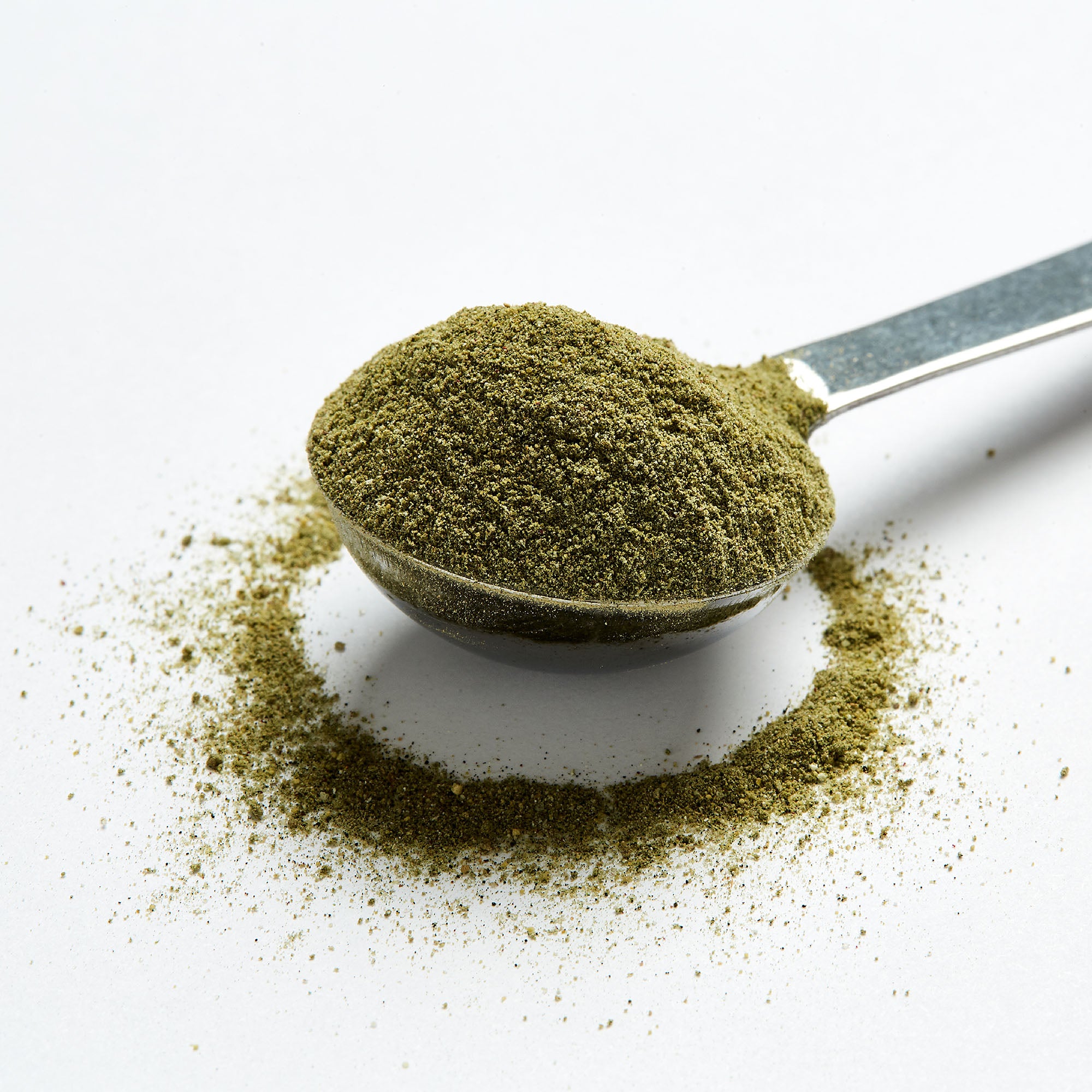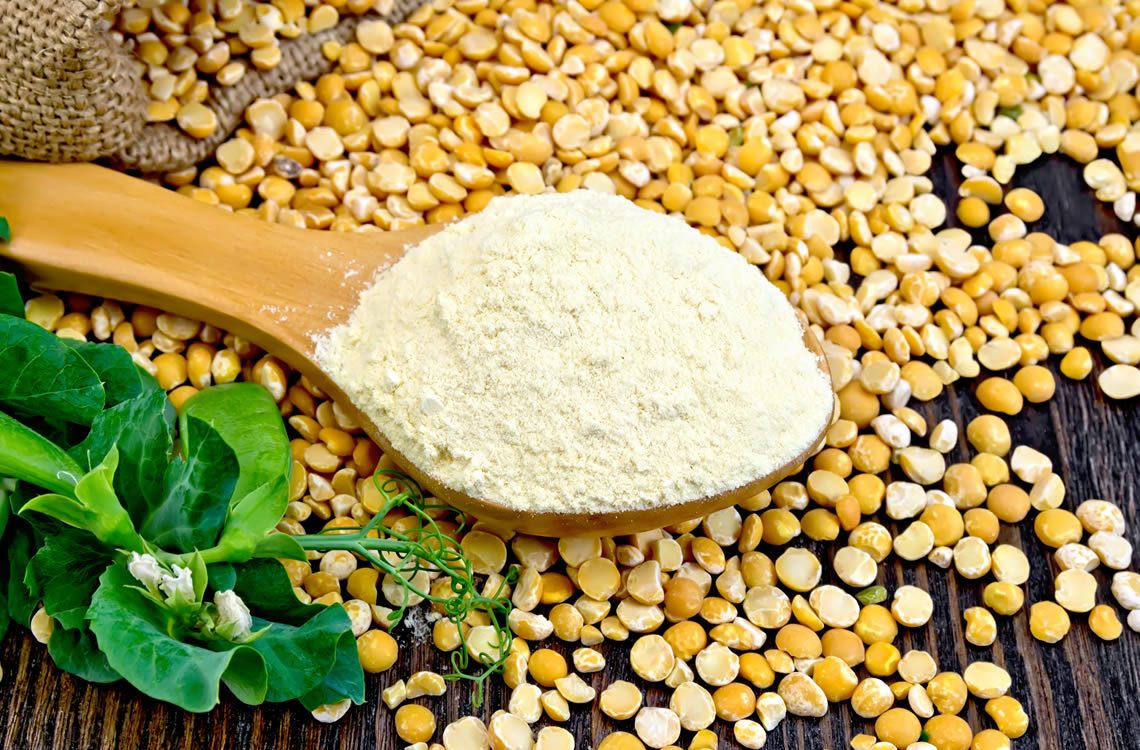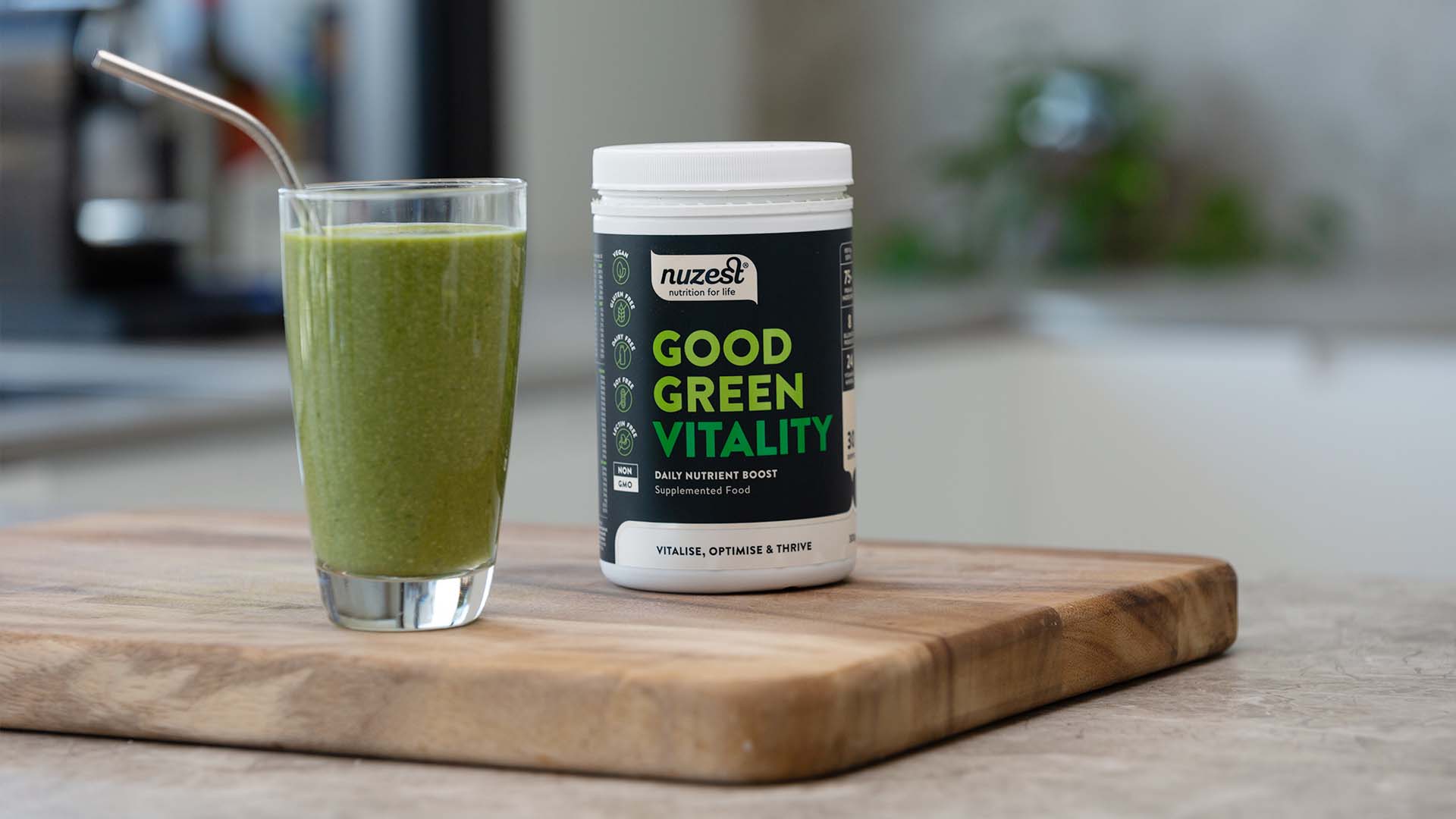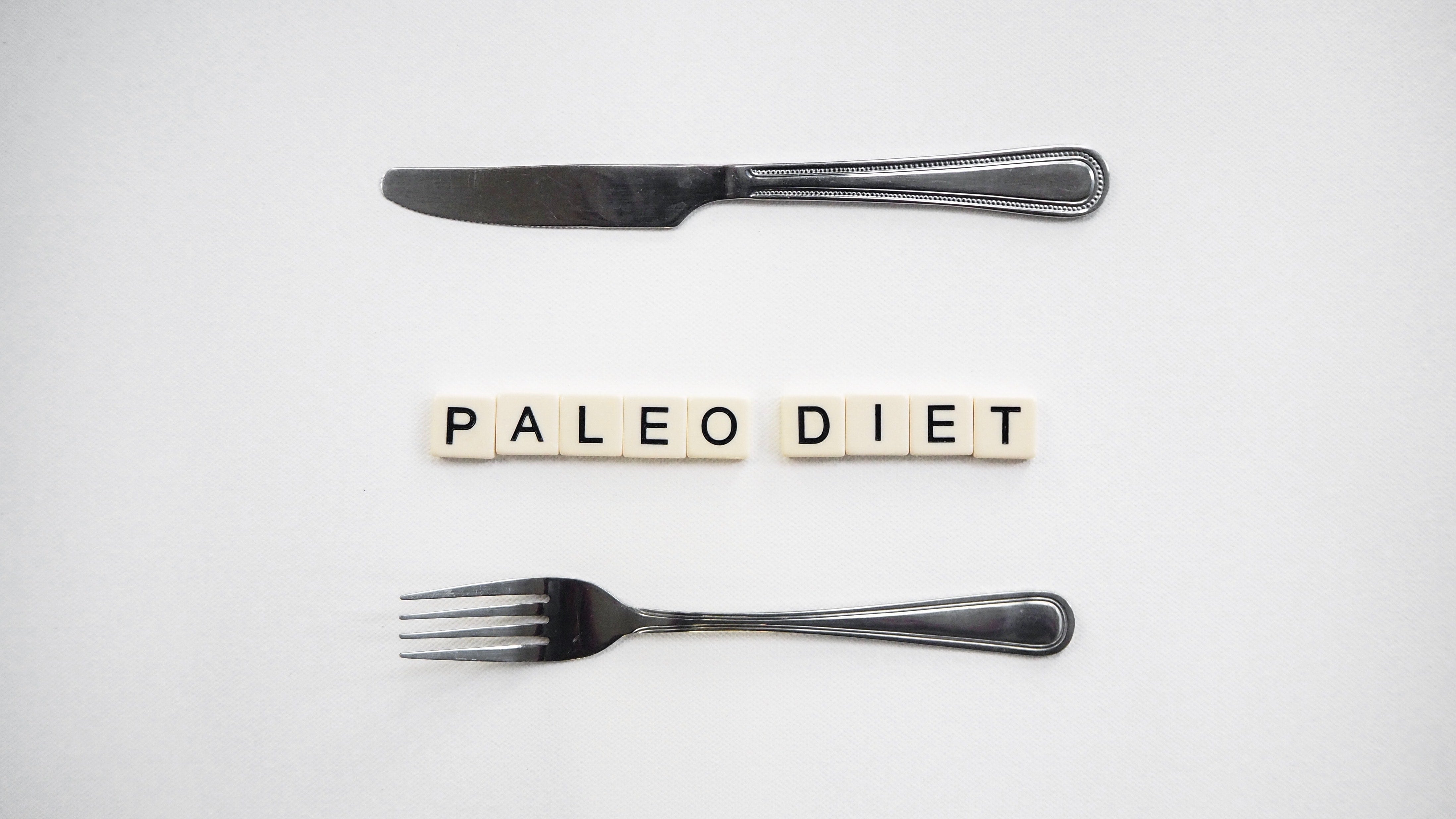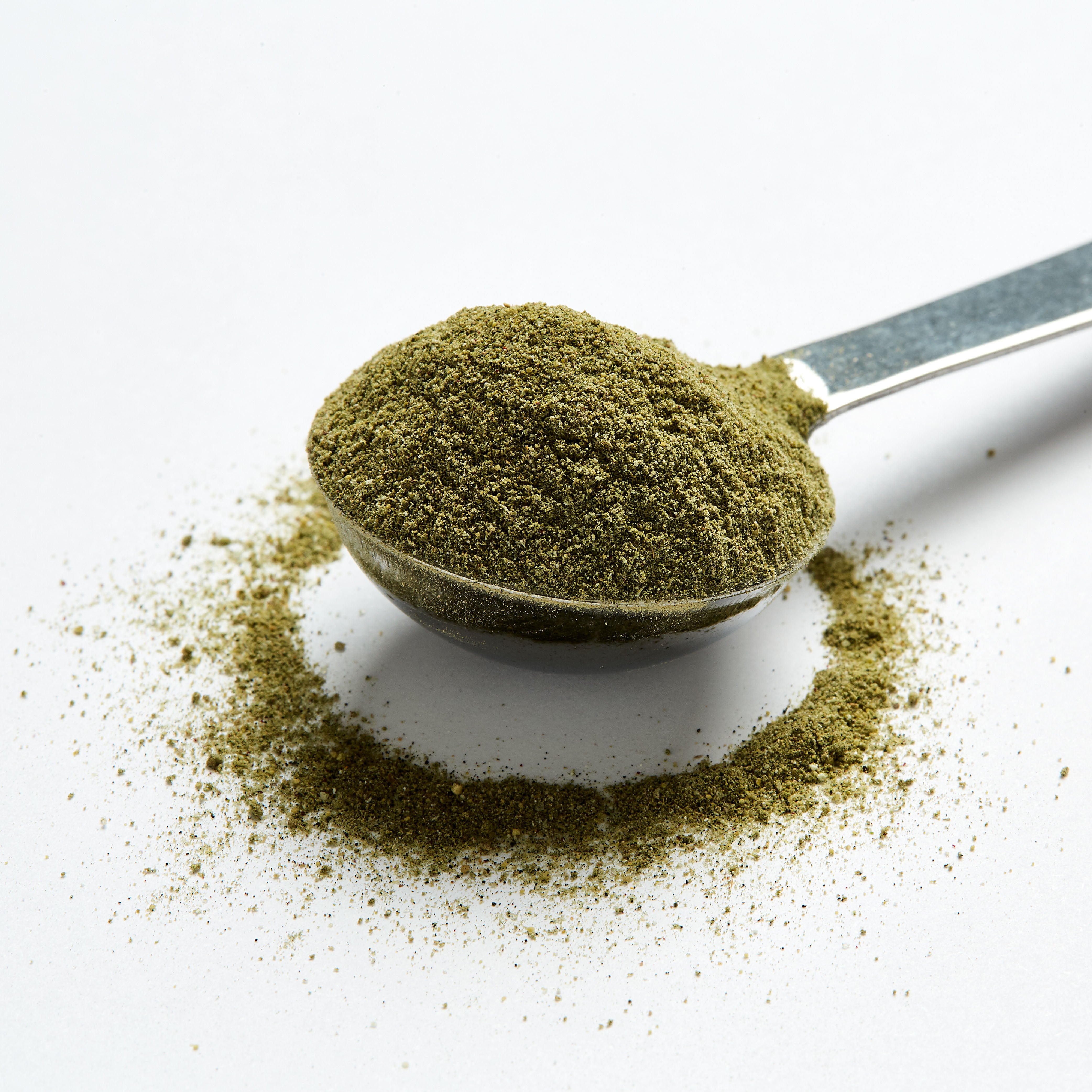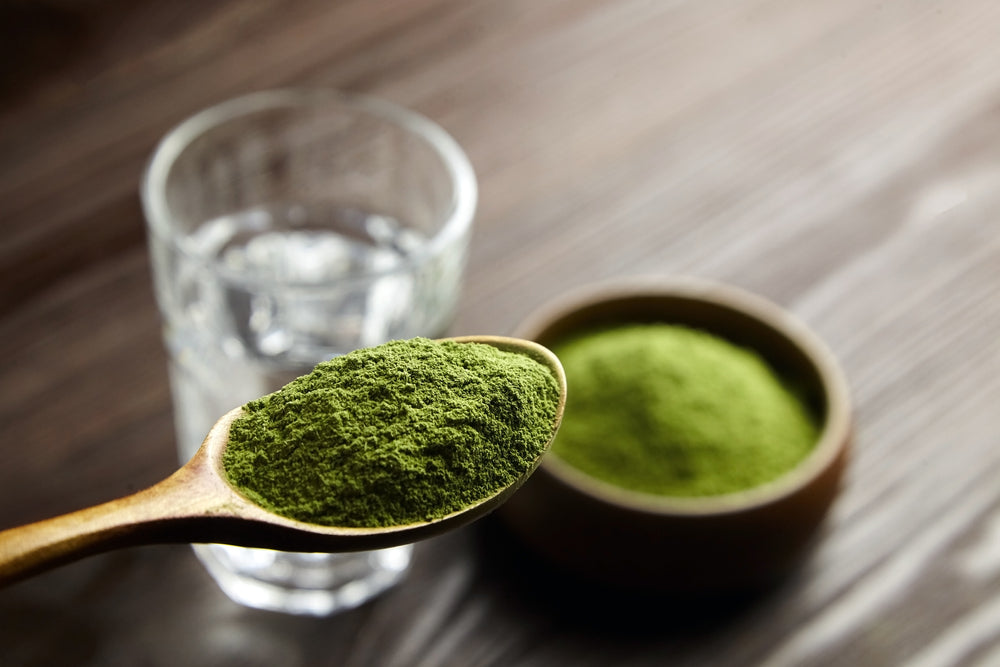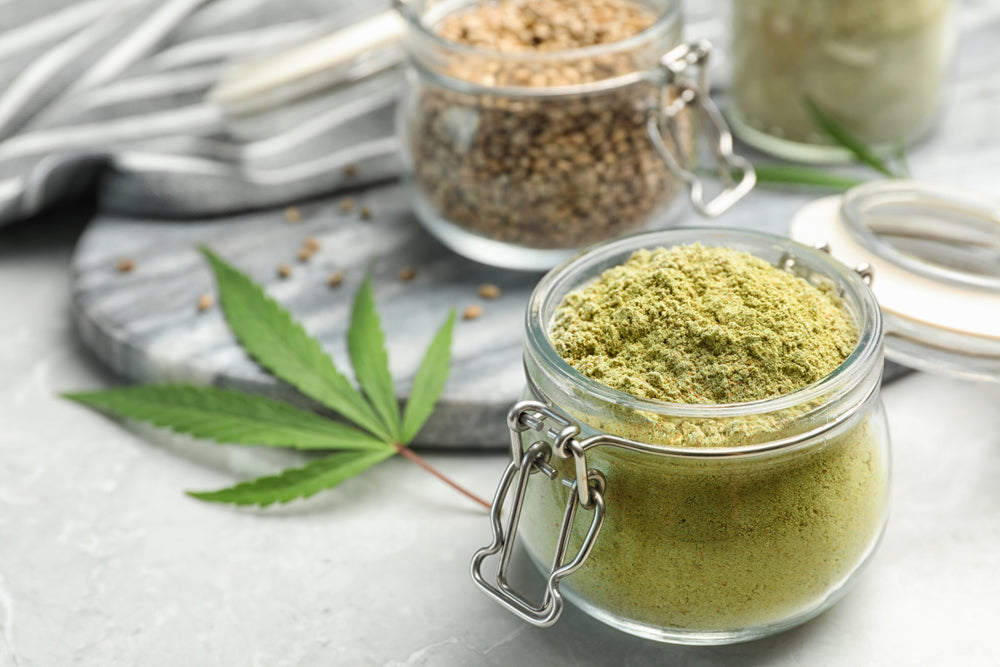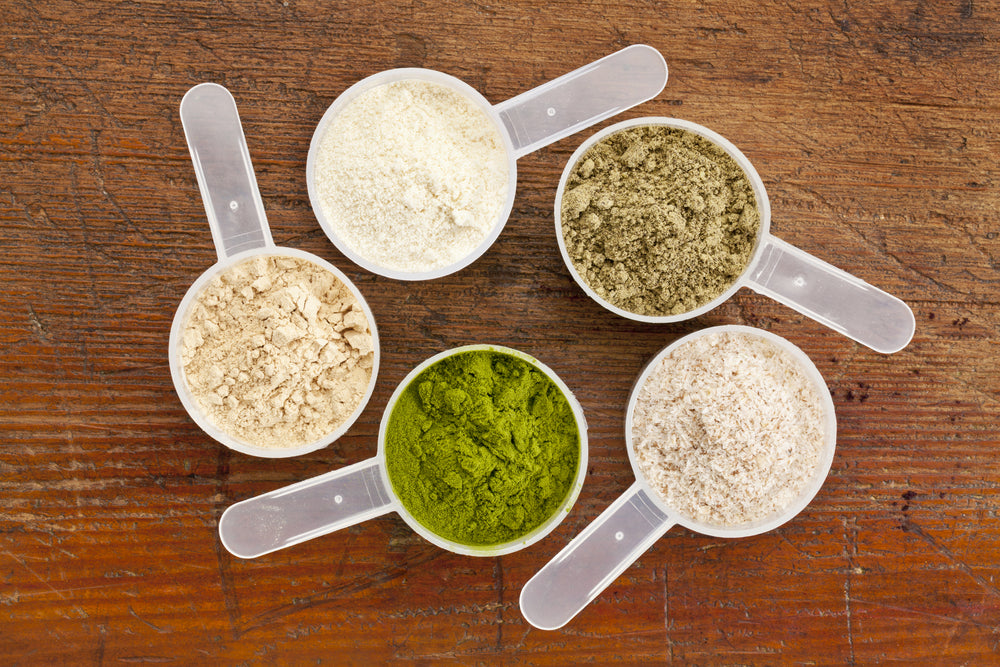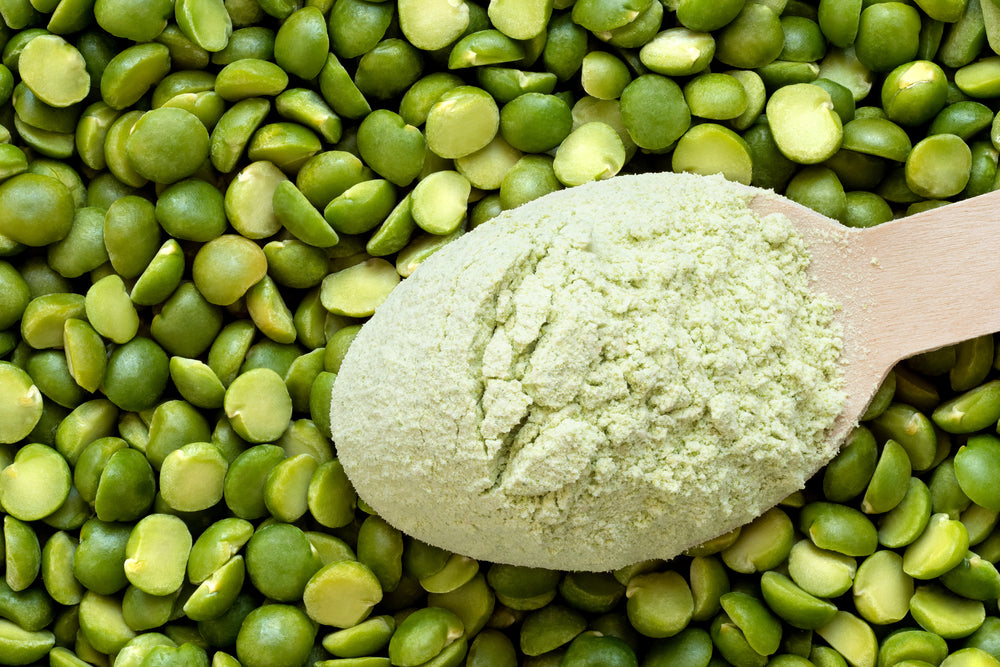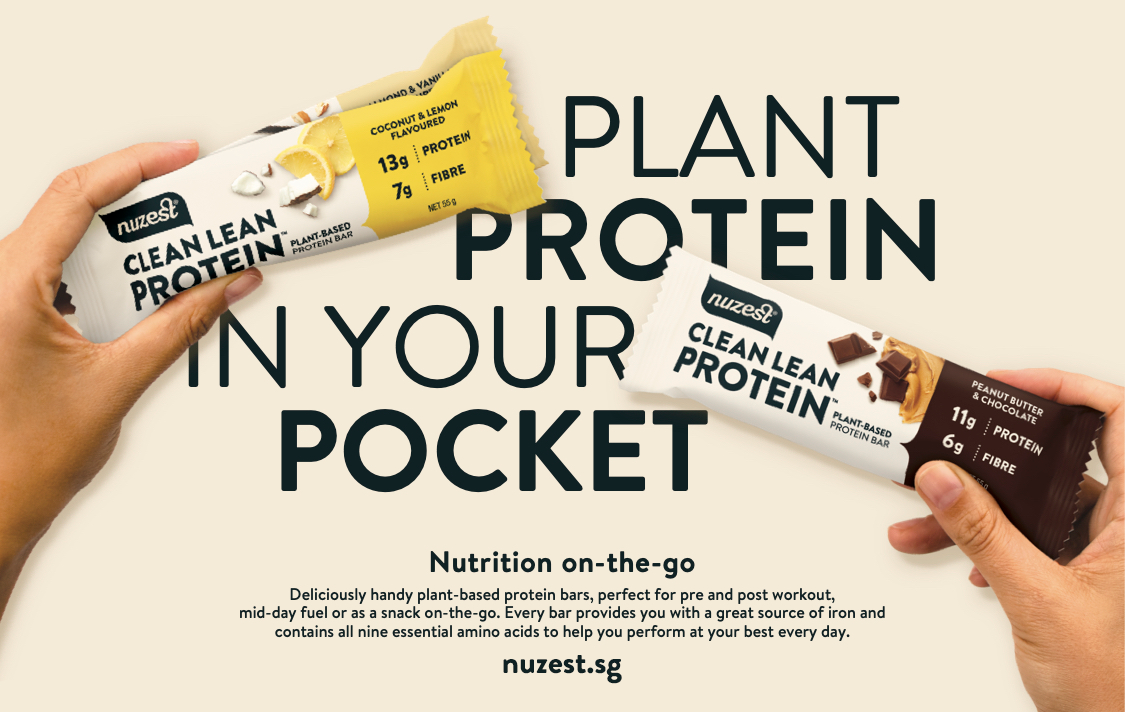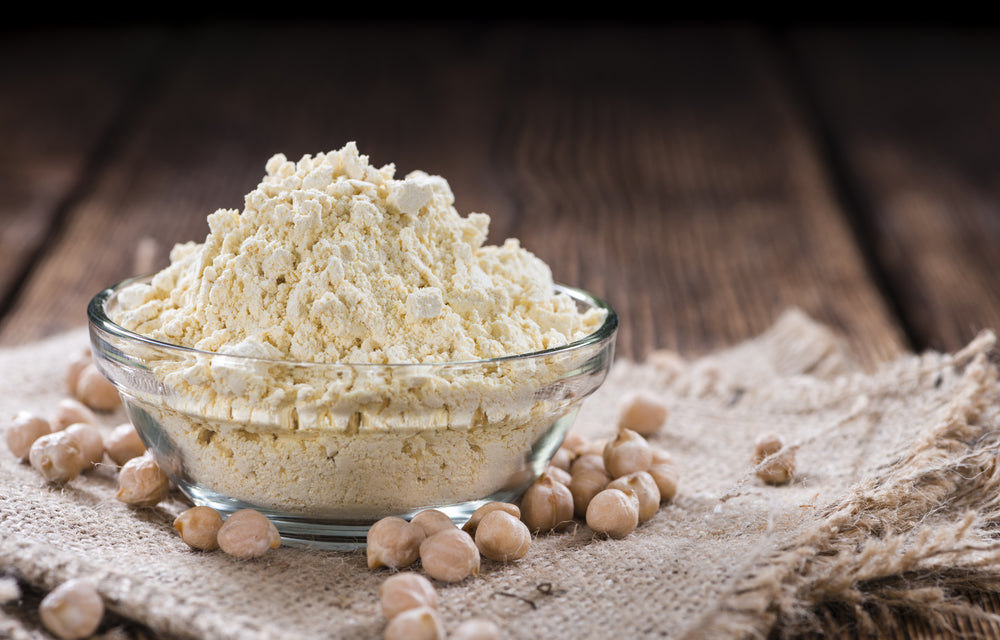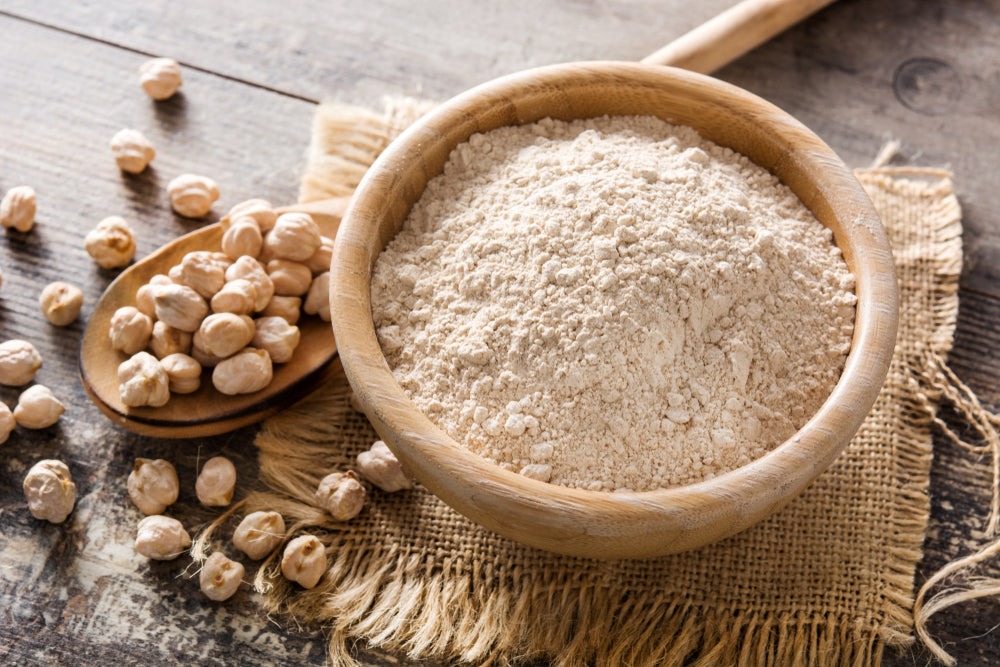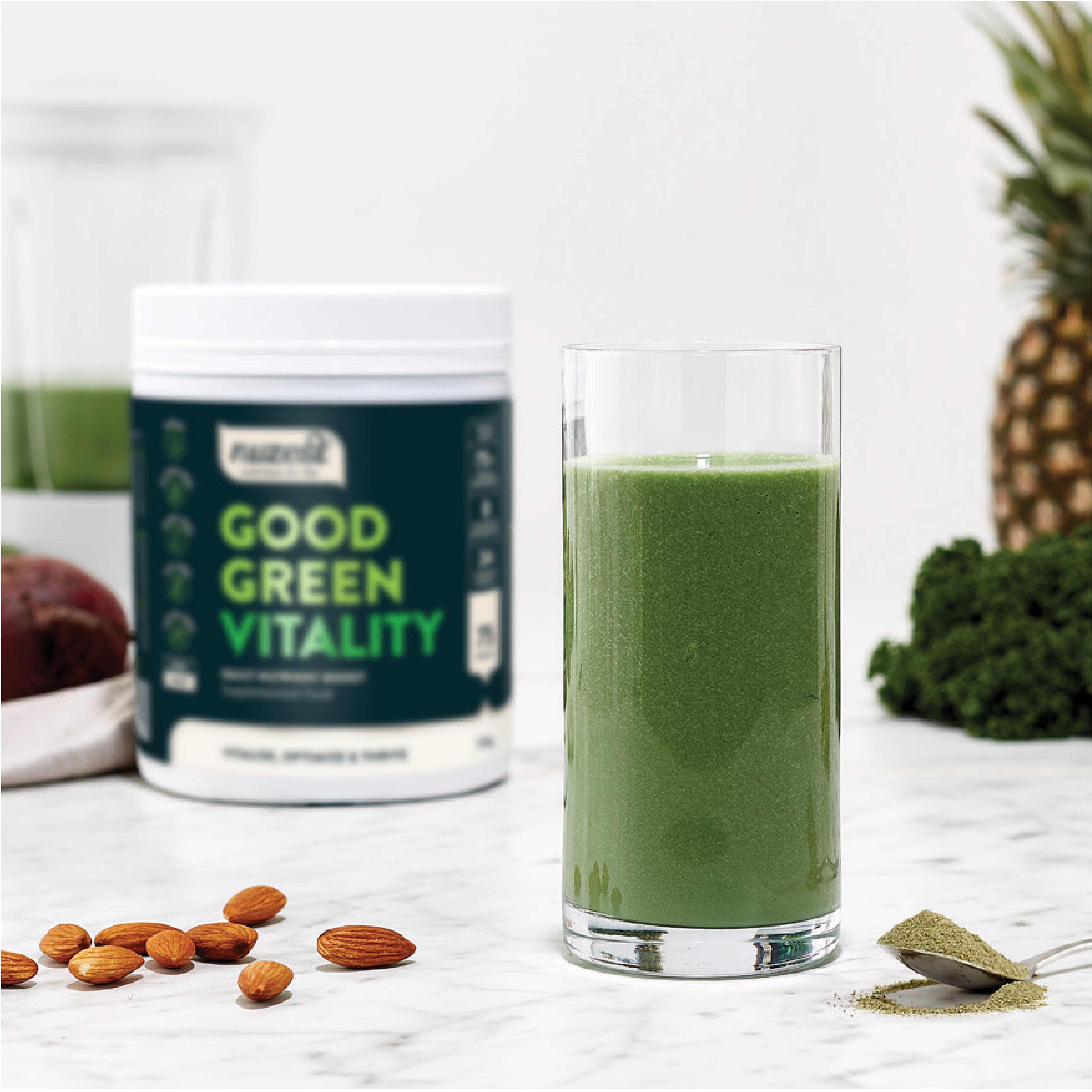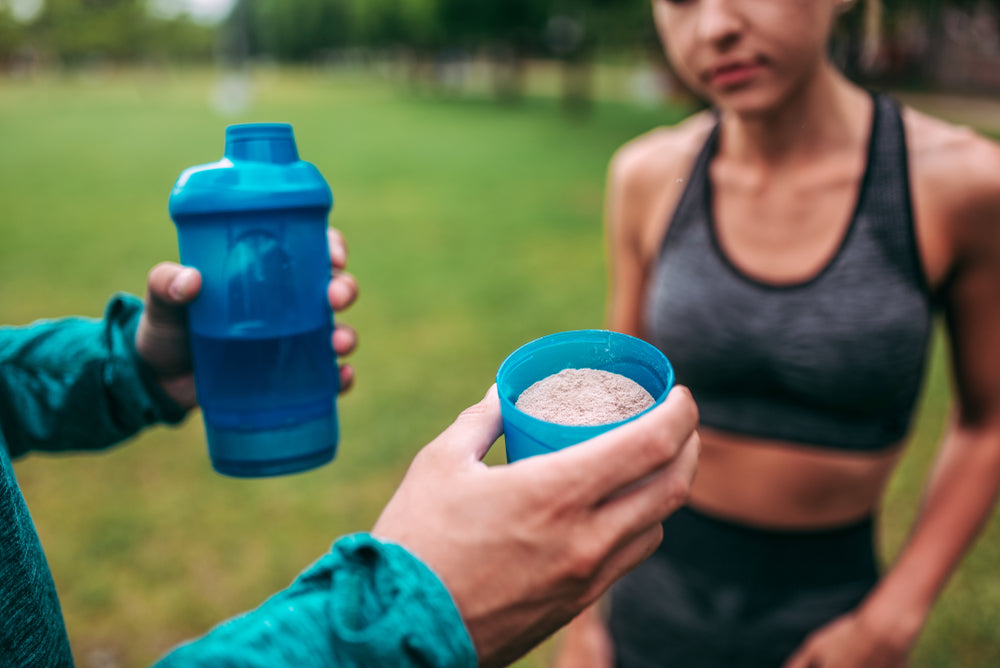Nancy Cheung
Author
(Food and nutritional science major student at CUHK)
Inadequate nutrition intake may lead to chronic diseases. In Hong Kong, six types of lifestyle based diseases, namely: Cancers, diseases of heart, cerebrovascular diseases (strokes and aneurysms), chronic lower respiratory diseases, injuries and poisoning, and diabetes mellitus, accounted for 56.8% of all registered deaths in 2019. Decreased nutrient intake may result in low immune function and increased risk of having these types of chronic disease.
Chronic Disease Risk Factors

1) Diets high in red and processed meats
Processed red meat such as sausages, luncheon meat, and ham are common ingredients in Hong Kong-style tea restaurants. Processed meat uses nitrite as a preservative.
The World Cancer Research Foundation has proven evidence that overeating can increase the risk of cancer. In October 2015, the International Agency for Research on Cancer (IARC) under the WHO classified processed meat as a "category 1 carcinogen", which means that eating 50 grams a day will increase the risk of colorectal cancer by 18%.
Eating red meat, cured meat, and a long-term diet of more meat and fewer vegetables will increase the risk of colorectal cancer. In recent years, the number of colorectal cancer patients in Hong Kong has been on the rise, and there is a tendency to become younger and replace lung cancer as the "number one cancer." According to the statistics of the Cancer Statistics Center of the Hospital Authority, colorectal cancer has been increasing; the incidence of middle-aged patients has become more common
2) Alcohol Consumption

Ethanol in alcoholic beverages and its metabolite acetaldehyde are classified as a Group 1 carcinogen to humans. Alcohol consumption can slightly increase the risk of cancers of the; mouth, pharynx, larynx, oesophagus, liver, colorectum, and female breasts. Also, the cumulated alcohol consumed over a lifetime creates a higher the risk of suffering from a wide range of long-term illnesses.
In Hong Kong, by age group, the proportions of regular drinkers were highest among people aged 55-64 (12.0%). Alcohol drinking in social gatherings and celebrations is quite common worldwide, including in Hong Kong.
Unfortunately many people are unaware of the harm that alcohol does to their health.
Moderate drinking (consuming 2 to 3 drinks, or 12.6g - 49.9g of ethanol per day) and heavy drinking (consuming ≥ 4 drinks, or ≥ 50g of ethanol per day) were found to be associated with a 21% and 52% increased risk of colorectal cancer respectively, compared to no or occasional drinking.
3) Diet high in saturated and trans fats
Diet high in saturated and trans fats raises low-density-lipoprotein (LDL) cholesterol (“bad” cholesterol).
High-Density Lipoproteins (HDL) vs Low-Density Lipoproteins (LDL)
They are a combination of fat (lipid) and protein. The lipids need to be attached to the proteins so they can move through the blood. LDL stands for low-density lipoproteins. A high LDL level leads to a buildup of cholesterol in your arteries. HDL stands for high-density lipoproteins. It carries cholesterol from other parts of your body back to your liver. Your liver then removes the cholesterol from your body.
Why too much cholesterol in your body is a risk factor for heart disease?
When there is too much cholesterol in your blood, it builds up in the walls of your arteries, causing atherosclerosis, a form of heart disease. The arteries become narrowed and blood flow to the heart muscle is slowed down or blocked. It causes high blood pressure.

High blood pressure increases the heart’s workload, causing the heart muscle to thicken and become stiffer. This stiffening of the heart muscle is not normal and causes the heart to function abnormally. It also increases your risk of stroke, heart attack, kidney failure and congestive heart failure. The blood carries oxygen to the heart and if not enough blood and oxygen reach your heart, you may suffer chest pain. If the blood supply to a portion of the heart is completely cut off by a blockage, the result is a heart attack.
In Hong Kong, we eat seasonal foods such as dumplings for the Dragon Boat Festival and moon cakes for the Mid-Autumn Festival for celebration. However, these seasonal foods are full of "health traps".
Take the hot custard moon cakes in recent years as an example. They not only contain trans fats that can lower cholesterol, but also contain high saturated fats. Ming Pao reviewed a variety of mooncakes on the market before the Mid-Autumn Festival in 2015. Among them, Kee Wah's Mini Custard Moon Cake contains 12.8 grams of saturated fat per 100 grams. Saturated fat can increase the risk of coronary heart disease, and the WHO recommends reducing intake as much as possible.

According to statistics from the International Diabetes Federation (International Diabetes Federation), by 2025, 12.8% of the overall population of Hong Kong will be diabetic; 14.6% of the population suffer from impaired glucose tolerance (Impaired glucose tolerance), ranking 9th globally. Statistics show that the threat of diabetes to Hong Kong people is gradually increasing, and the situation cannot be ignored.
4) Deficiency in Vitamins, minerals and antioxidants
According to the statistics from the Centre for Health, the dietary intake of the following substances of the most adult population in Hong Kong is below the recommended intake and it may result in:
- Calcium – osteoporosis
- Iron - anaemia and reduced immune function
- Potassium - increase the risk of developing high blood pressure, coronary heart disease and stroke
7 Ways for Preventing Chronic Diseases
To treat or prevent non-deficiency disease more safely and neutrally:
- Increase dietary intake of calcium. Dairy products, beans and dark green vegetables are rich in calcium.
- Increase dietary intake of iron. Dark green vegetables, beans and nuts are rich in iron.
- Increase dietary intake of potassium. Vegetables, fruits, beans and nuts are rich in potassium.
- Reduce dietary intake of sodium. Consumers are recommended to reduce the use of condiments and sauces such as salt, soy sauce and oyster sauce during cooking, order food with less salt when eating out and choose prepackaged food with low sodium content by reading the nutrition label.
- Reduce the consumption of red and processed meet, e.g., sausages, ham, bacon and luncheon meat.
- Avoid alcohol consumption; Alcohol causes rather than prevents cancer. Visit Department of Health to learn more.
- Take in appropriate supplements with vitamins, minerals and antioxidant foods.

Effect of antioxidants on cancer prevention
Free radicals are extremely reactive molecules that can cause cell injury and death. Oxidative damage is the major cause of chronic disease. Natural antioxidants in diets decrease adverse effects of free radicals, such as vitamins A, C, E, carotenoid, flavonoid and polyphenol.
The functions of Antioxidants include:- Prevention and reduction of cardiovascular diseases
- Anti-carcinogenic activity
- Anti-aging effect
- Enhancement of immune function

Our Good Green Vitality is more than a multi and much more than just greens. It contains high antioxidant berries fortified with vitamins, minerals, digestive enzymes, probiotics and much more. There are more bioavailable and more complete forms of ingredients such as folate, calcium, iodine. It provides nutritional support for all 11 body systems, from the immune system & cognitive function to digestion and healthy bones & joints.
The number of patients with chronic diseases in Hong Kong is increasing day by day. Once you have a chronic disease, you need to receive long-term care and medication to control the condition and prevent complications. Therefore, why not start to establish good living habits earlier to prevent chronic diseases.
Disclaimer: The information provided on Nuzest is for educational and informational purposes only. The information provided on this site is not, nor is it intended to be, a substitute for professional advice or care. Please speak to your qualified healthcare professional in the event that something you have read here raises questions or concerns regarding your health.
References:
- https://www.cfs.gov.hk/english/programme/programme_firm/files/Report_on_the_1st_HK_Total_Diet_Study_Minerals_e.pdf
- https://www.mingpaocanada.com/van/htm/News/20160225/HK-gfg2_er_r.htm
- https://www.healthyhk.gov.hk/phisweb/zh/
- https://medlineplus.gov/hdlthegoodcholesterol.html
- https://www.webmd.com/heart-disease/guide/heart-disease-lower-cholesterol-risk

